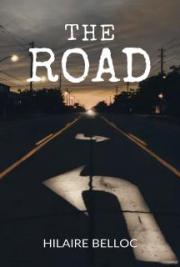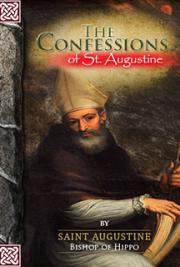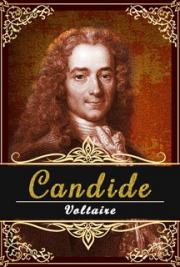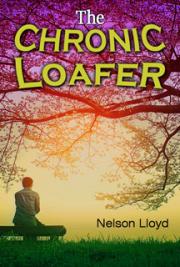NOTES
[1] We are told that we ought to ask for £30,000 at least… It is not a large sum, considering that there is to be but one college of this sort for Great Britain, Ireland and the Colonies, and considering how easy it is to raise immense sums for boys' schools. But considering how few people really wish women to be educated, it is a good deal.'—LADY STEPHEN, EMILY DAVIES AND GIRTON COLLEGE.] So obviously we cannot have wine and partridges and servants carrying tin dishes on their heads, she said. We cannot have sofas and separate rooms. 'The amenities,' she said, quoting from some book or other, 'will have to wait.' [* Every penny which could be scraped together was set aside for building, and the amenities had to be postponed.—R. STRACHEY, THE CAUSE.
[2] '"Men know that women are an overmatch for them, and therefore they choose the weakest or the most ignorant. If they did not think so, they never could be afraid of women knowing as much as themselves."… In justice to the sex, I think it but candid to acknowledge that, in a subsequent conversation, he told me that he was serious in what he said.'—BOSWELL, THE JOURNAL OF A TOUR TO THE HEBRIDES.
[3] The ancient Germans believed that there was something holy in women, and accordingly consulted them as oracles.'—FRAZER, GOLDEN BOUGH.
[4] 'It remains a strange and almost inexplicable fact that in Athena's city, where women were kept in almost Oriental suppression as odalisques or drudges, the stage should yet have produced figures like Clytemnestra and Cassandra Atossa and Antigone, Phedre and Medea, and all the other heroines who dominate play after play of the "misogynist" Euripides. But the paradox of this world where in real life a respectable woman could hardly show her face alone in the street, and yet on the stage woman equals or surpasses man, has never been satisfactorily explained. In modern tragedy the same predominance exists. At all events, a very cursory survey of Shakespeare's work (similarly with Webster, though not with Marlowe or Jonson) suffices to reveal how this dominance, this initiative of women, persists from Rosalind to Lady Macbeth. So too in Racine; six of his tragedies bear their heroines' names; and what male characters of his shall we set against Hermione and Andromaque, Berenice and Roxane, Phedre and Athalie? So again with Ibsen; what men shall we match with Solveig and Nora, Heda and Hilda Wangel and Rebecca West?'—F. L. LUCAS, TRAGEDY, pp. 114-15.
[5] A SURVEY OF CONTEMPORARY MUSIC, Cecil Gray, P. 246.
[6] See CASSANDRA, by Florence Nightingale, printed in THE CAUSE, by R. Strachey.
[7] MEMOIR OF JANE AUSTEN, by her nephew, James Edward Austen-Leigh.
[8] [She] has a metaphysical purpose, and that is a dangerous obsession, especially with a woman, for women rarely possess men's healthy love of rhetoric. It is a strange lack in the sex which is in other things more primitive and more materialistic.'—NEW CRITERION, June 1928.
[9] 'If, like the reporter, you believe that female novelists should only aspire to excellence by courageously acknowledging the limitations of their sex (Jane Austen [has] demonstrated how gracefully this gesture can be accomplished… ).'—LIFE AND LETTERS, August 1928.
[10] THE ART OF WRITING, by Sir Arthur Quiller-Couch.
[11] A SHORT HISTORY OF WOMEN, by John Langdon Davies.







